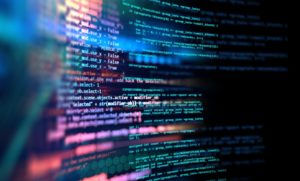How Can Governments Use AI to Improve Procurement?
By using artificial intelligence, agencies can improve their procurement processes.
Using AI to Reduce Performance Risk in U.S. Procurement
Advances in digital technology can help in managing the goals of federal acquisition.
Retooling the Acquisition Gateway for Responsible AI
For government to make the most of artificial intelligence, it needs changes throughout the procurement life cycle.
Artificial Intelligence and Procurement
Experts analyze how procurement could improve AI—and how AI could improve procurement.
The Procurement Path to AI Governance
Procurement standards could promote responsible use of artificial intelligence by government.
Does DARPA’s Legal Structure Lead to Ethical Lapses?
The agency’s design allows it to develop advanced technologies, some of which present ethical implications.
Fixing Cash Aid Is More Than Child’s Play
Streamlining administration of cash aid requires substantial legal and regulatory reform.
Alternatives to Data Sharing
Data sharing is not always required when firms use information to their advantage.
Algorithmic Safeguards For the People and By the People
The White House seeks public input on a “bill of rights for an automated society.”
Empathy in an Automated State
Increased use of artificial intelligence in public administration calls for efforts to give government a human touch.
Robots Reviewing Agency Rules
Scholar warns that using artificial intelligence to revise agency rules may compromise democratic ideals.
Algorithmic Decisions and Their Human Consequences
A Federal Trade Commissioner urges the agency to take action to prevent bias in computer algorithms.












